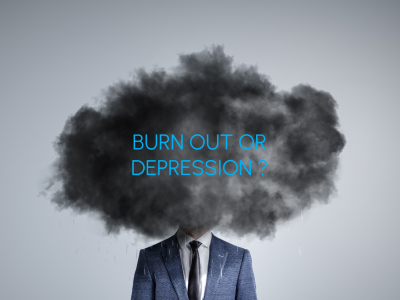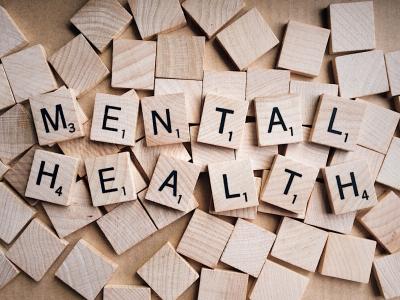
Data were generated from ChatGPT’s responses to 80 counseling questions that college students asked during a school counseling setting. All the responses generated during these simulated counseling sessions were then analyzed using three primary metrics—warmth, empathy, and acceptance—following APA guidelines. The analysis adopted several natural language processing methodologies for emotion detection and empathy measurement to quantify ChatGPT’s high efficacy in presenting the appropriate emotions and reactions for counseling.
- Categories:





